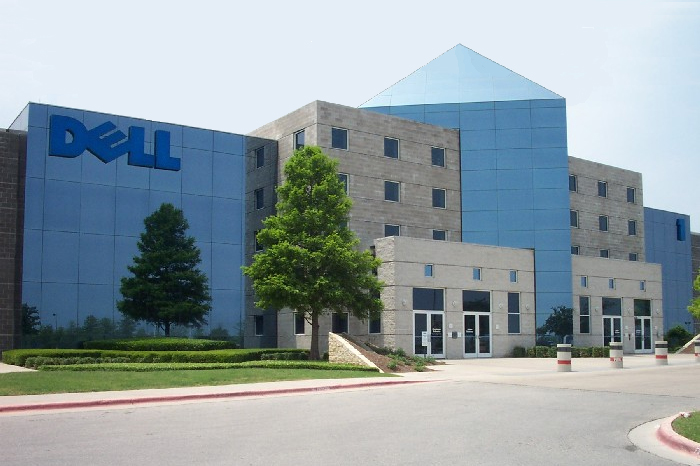Consumer Electronics
Icahn Offer for Dell Increases Investor Risk
Published:
Last Updated:
Carl Icahn and partner Southeastern Capital Management will offer Dell Inc. (NASDAQ: DELL) stockholders two alternatives, if their deal to takeover the company is chosen by its board. Investors can take cash for their shares or roll the dice and keep a equity position in the PC company. Micheal Dell and Silver Lake Partners propose that shareholders give up all of their future risk for $13.65 in cash per share. Based on the state of the PC industry, it is difficult to make the case that the Icahn alternative has any strengths.
Bloomberg explains the Icahn counter offer:
Icahn and Southeastern Asset Management Inc., which together own 13 percent of Dell, are offering an alternative to the $13.65-a-share bid by Michael Dell and Silver Lake.
Southeastern and Icahn, in the sharply worded letter, said their proposal gives investors a chance to benefit from potential future growth at Dell and that it is more valuable than the buyout proposal. The two investors plan to take additional stock in the third-largest computer maker, rather than cash, they said.
The value of Icahn’s offer assumes that he can locate new senior management that can do what the other largest PC companies in the world have been unable to do. These companies include, at least, Hewlett-Packard Co. (NYSE: HPQ), Lenovo, Acer and Asus. Sales of PCs have started to fall due to the popularity of smartphones and tablets. And as the market disintegrates, Dell has fared worse than most. Research firm Gartner reported on global PC shipments:
Worldwide PC shipments totaled 79.2 million units in the first quarter of 2013, a 11.2 percent decline from the first quarter of 2012, according to preliminary results by Gartner, Inc. Global PC shipments went below 80 million units for the first time since the second quarter of 2009. All regions showed a decrease in shipments, with the EMEA region experiencing the steepest decline.
Gartner further reported:
Dell … had a challenging quarter, registering a shipment decline in all regions except Japan. In Gartner’s preliminary view, Dell’s shipment growth in Japan was boosted by moderate demand, driven by a corporate refresh. Dell’s discussions about a possible leveraged buyout impacted shipments, as competitors aggressively attacked Dell’s position in the professional market.
There is no silver lining in the cloud over Dell’s future.
A number of analysts claim that Dell is worth much more than the $13.65 Michael Dell has offered. To support that assumption, one of two things, and probably both, would need to happen. Dell’s operating costs would have to be pared to the bone, though Dell already has cut thousands of people. Dell also would have to enter sectors in which it has little or no market share, or has had the most limited success.
Dell has tried to move into enterprise computing, which would put it head to head with firms that include International Business Machines Corp. (NYSE: IBM) and Oracle Corp. (NASDAQ: ORCL). These companies control the high ground. Dell likely would need a significant position in both smartphones and laptops as well. Each of these sectors is already crowded, and each has powerful market leaders, such as Apple (NASDAQ: AAPL) and Samsung.
Dell’s future does not offer investors much, which makes the Michael Dell offer attractive, even if it appears low right now.
Are you ahead, or behind on retirement? For families with more than $500,000 saved for retirement, finding a financial advisor who puts your interest first can be the difference, and today it’s easier than ever. SmartAsset’s free tool matches you with up to three fiduciary financial advisors who serve your area in minutes. Each advisor has been carefully vetted and must act in your best interests. Start your search now.
If you’ve saved and built a substantial nest egg for you and your family, don’t delay; get started right here and help your retirement dreams become a retirement reality.
Thank you for reading! Have some feedback for us?
Contact the 24/7 Wall St. editorial team.